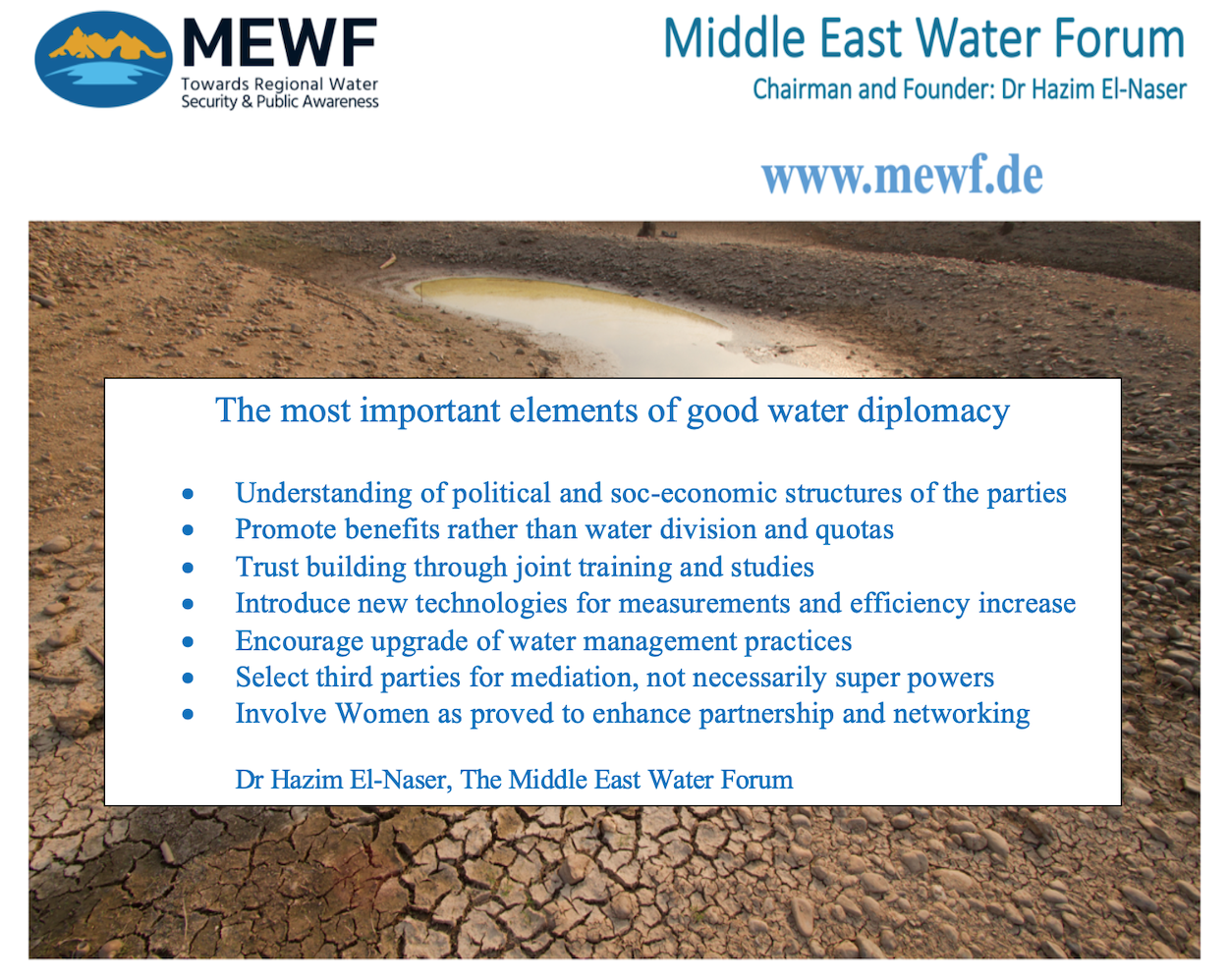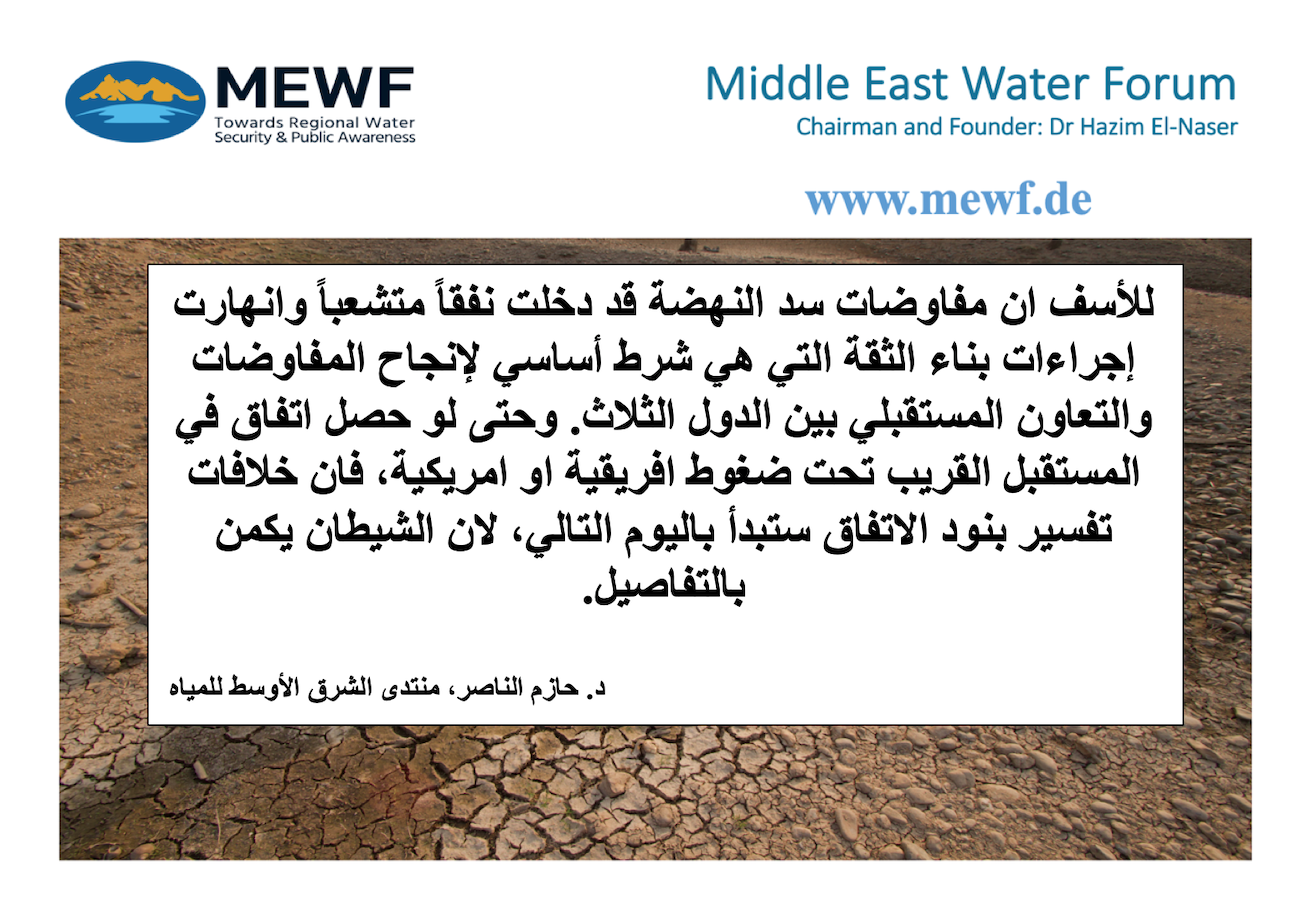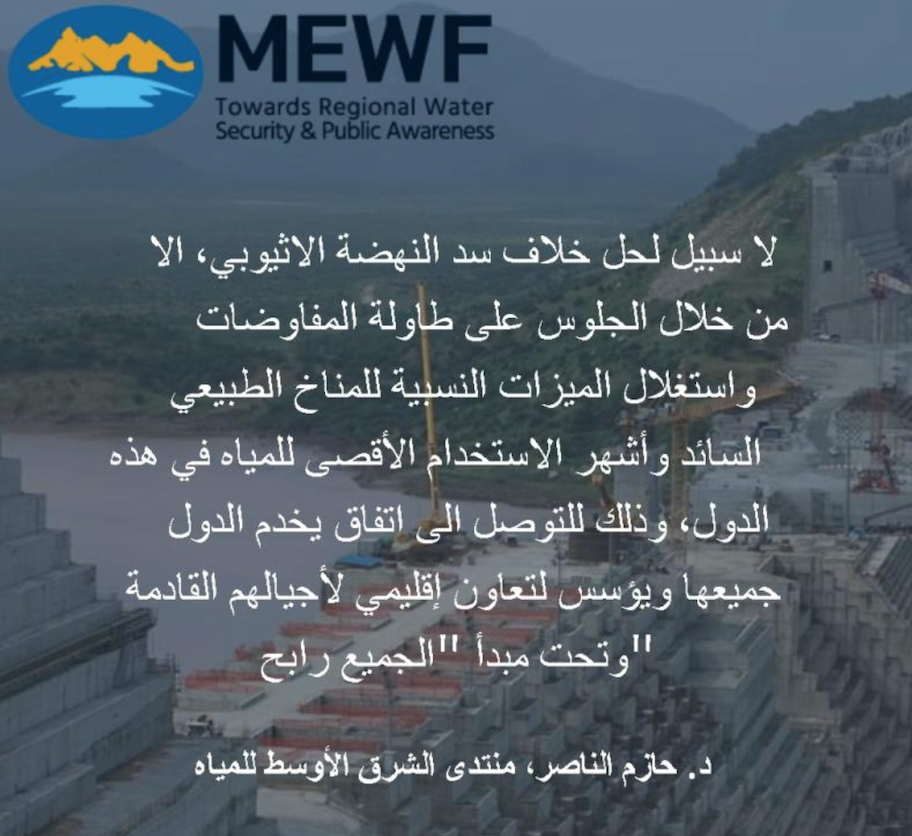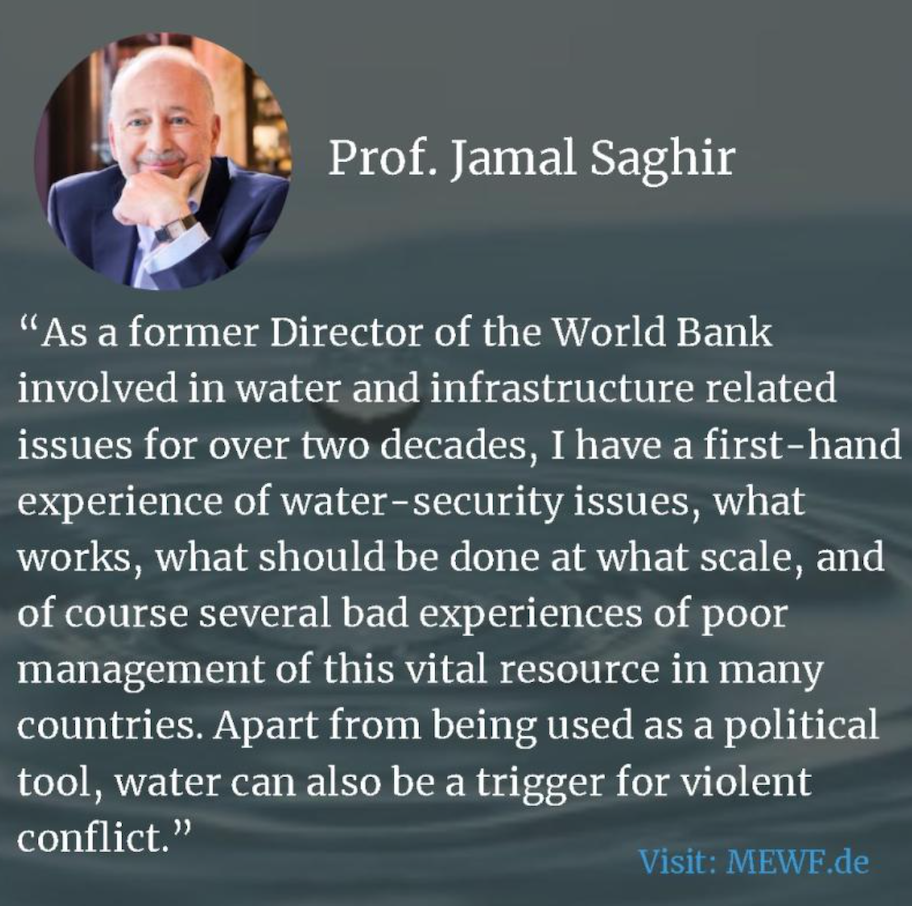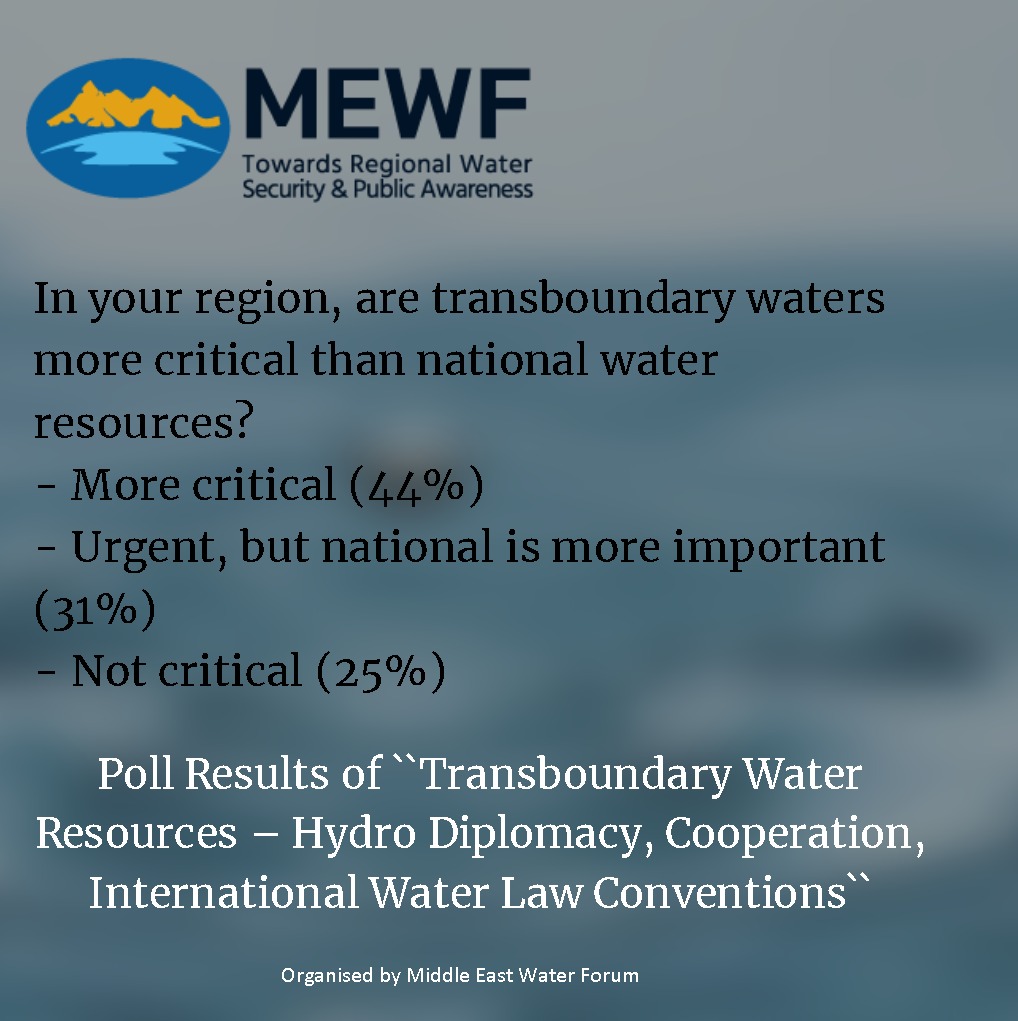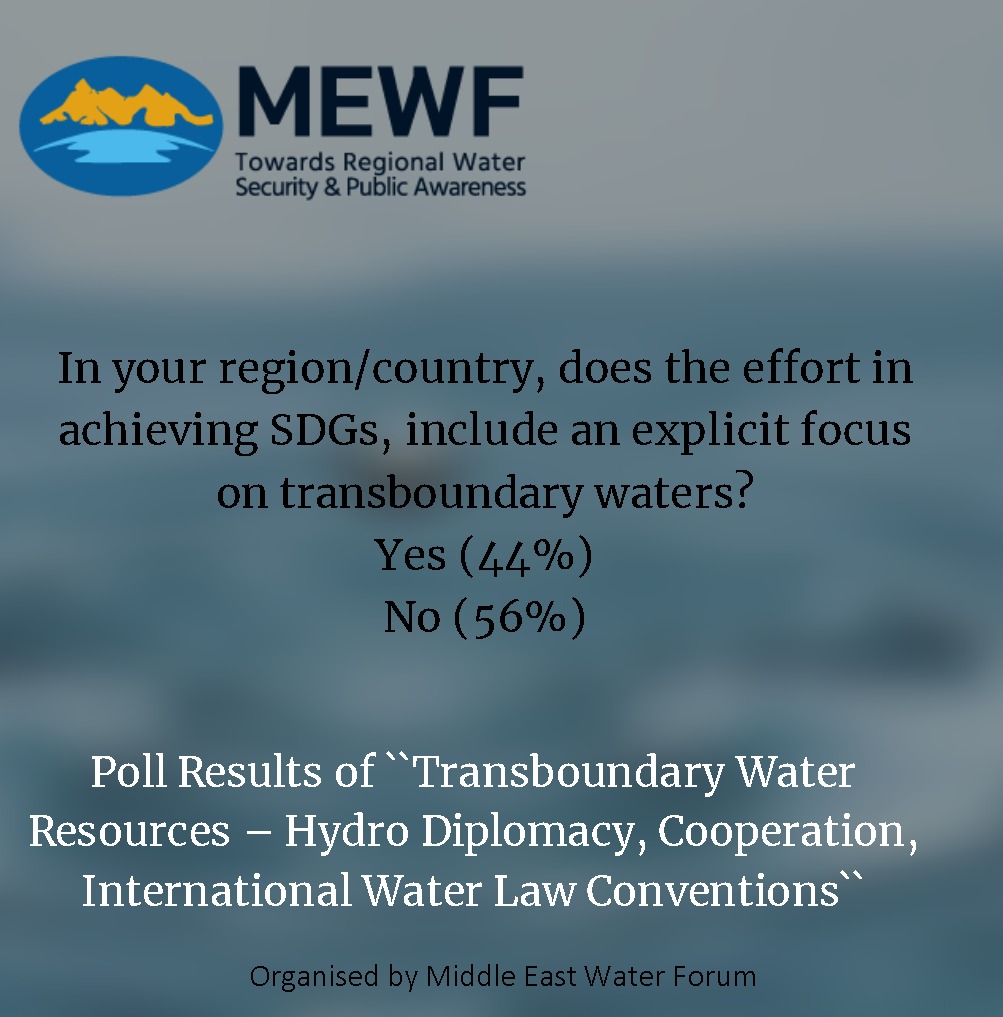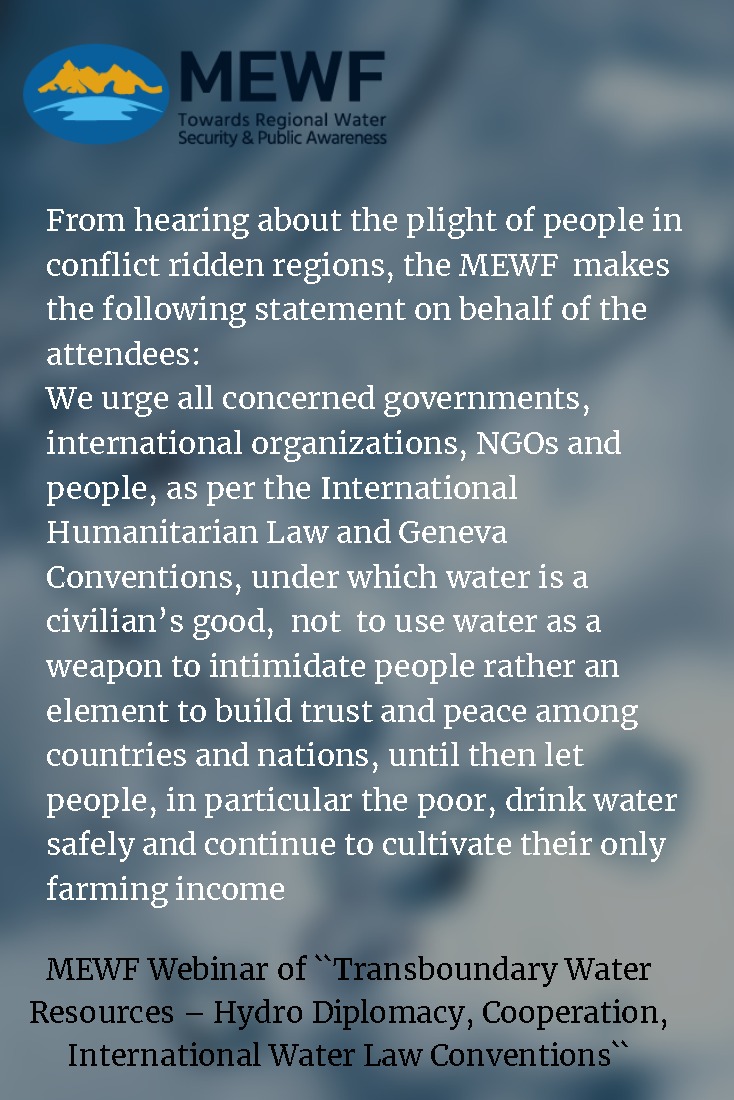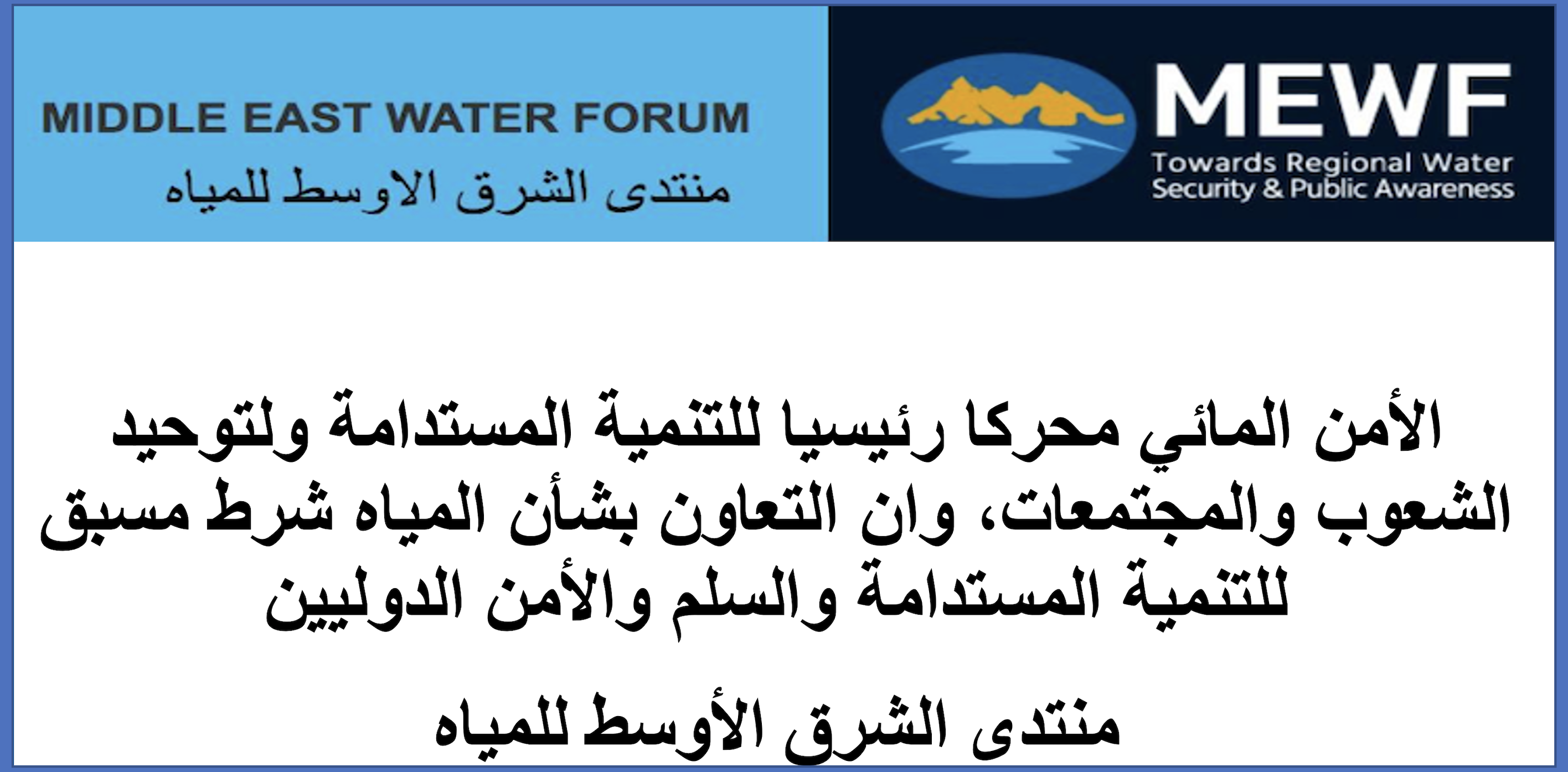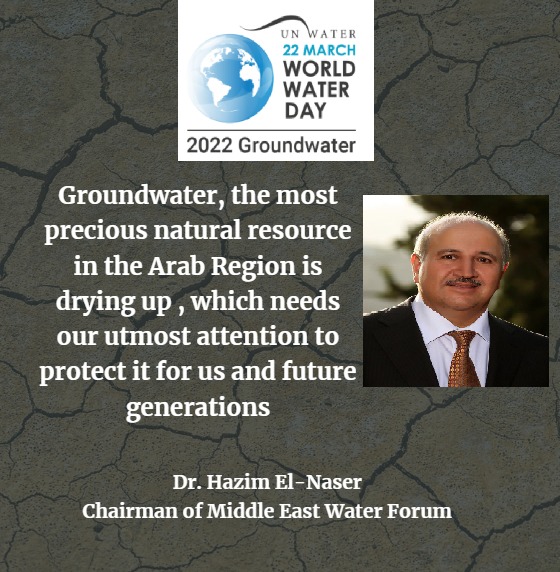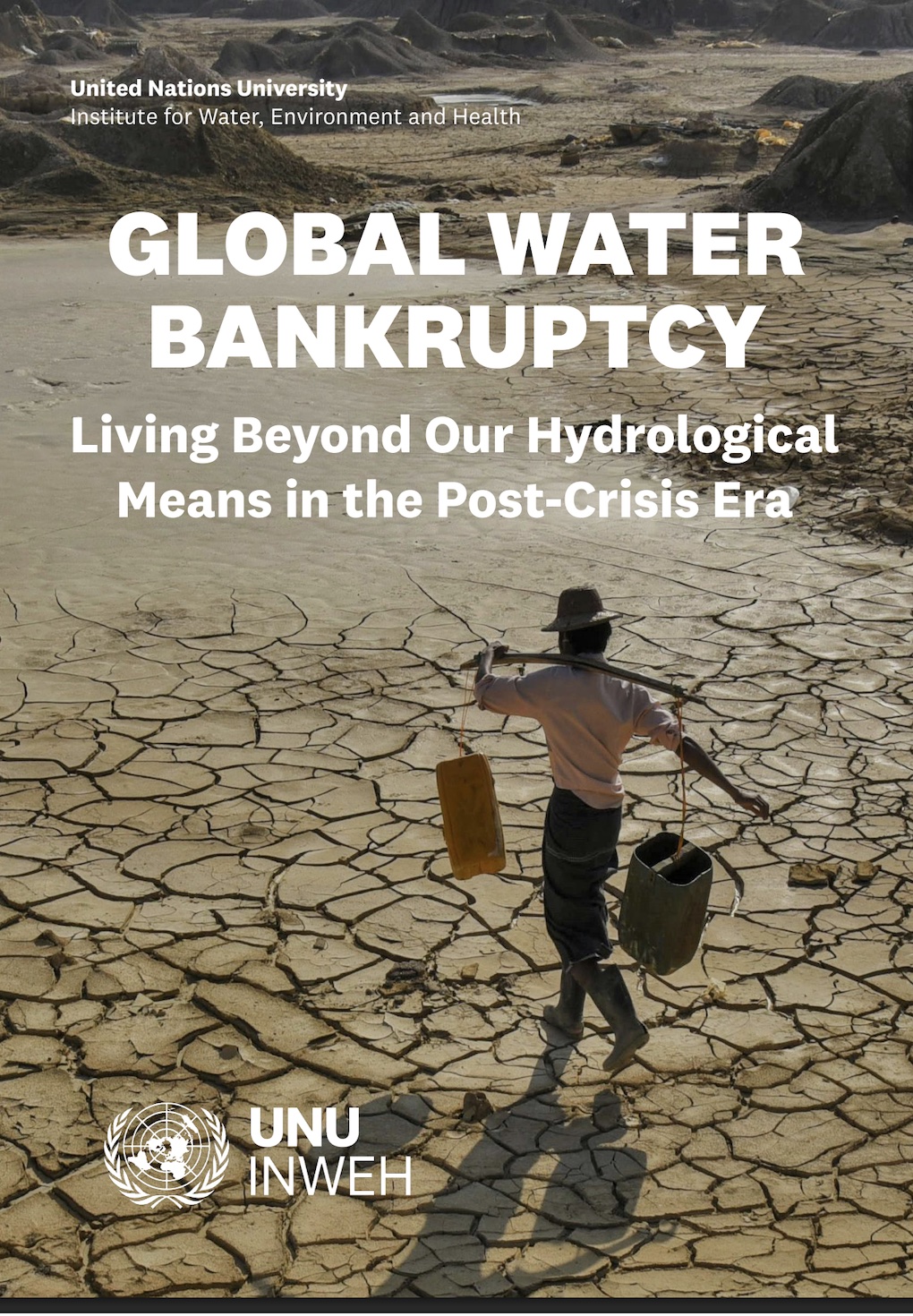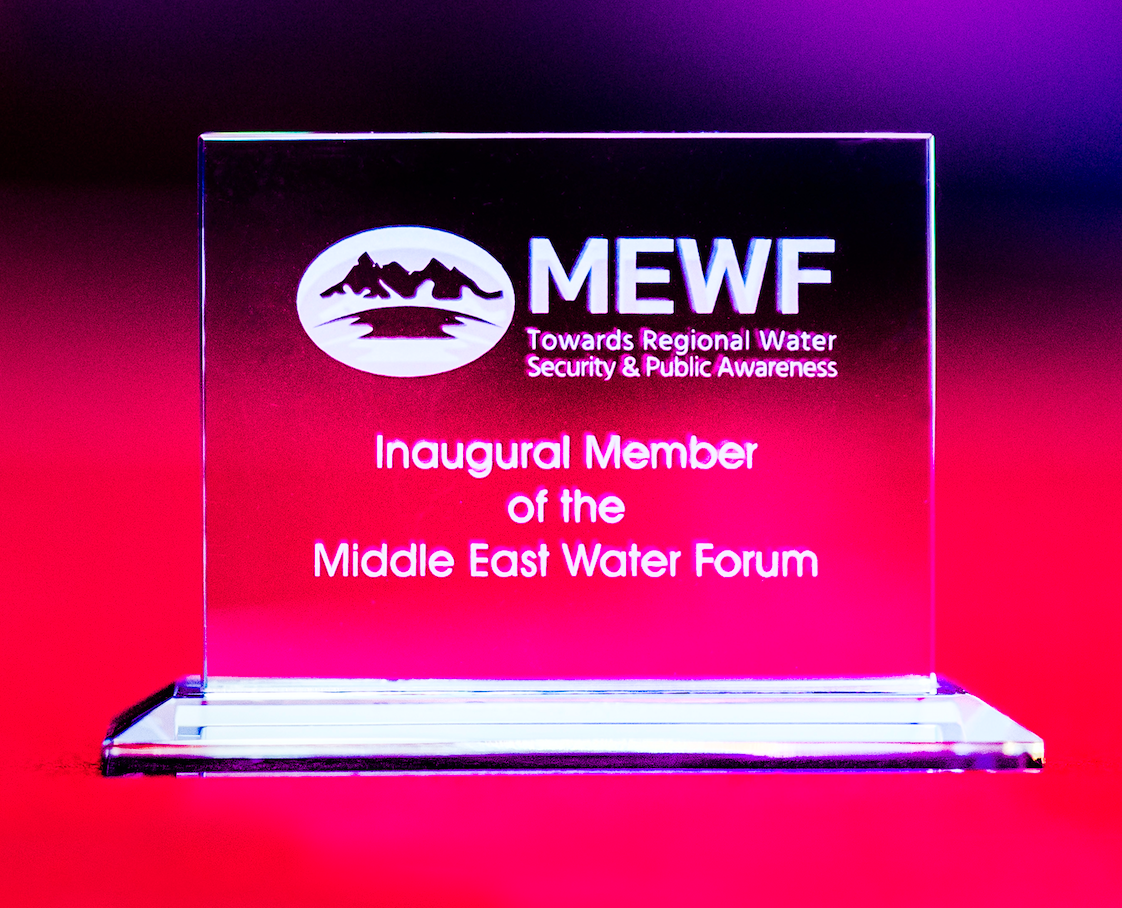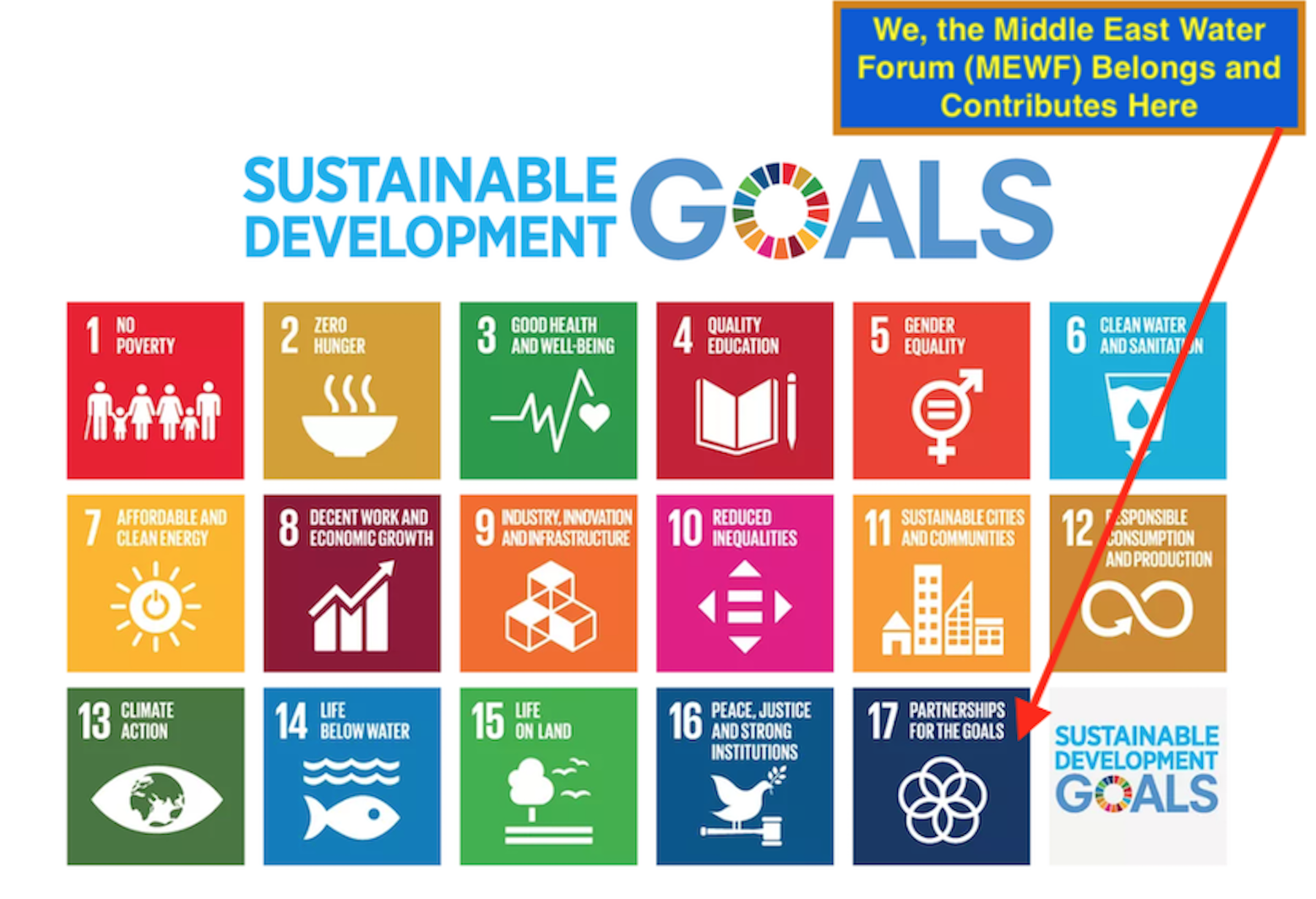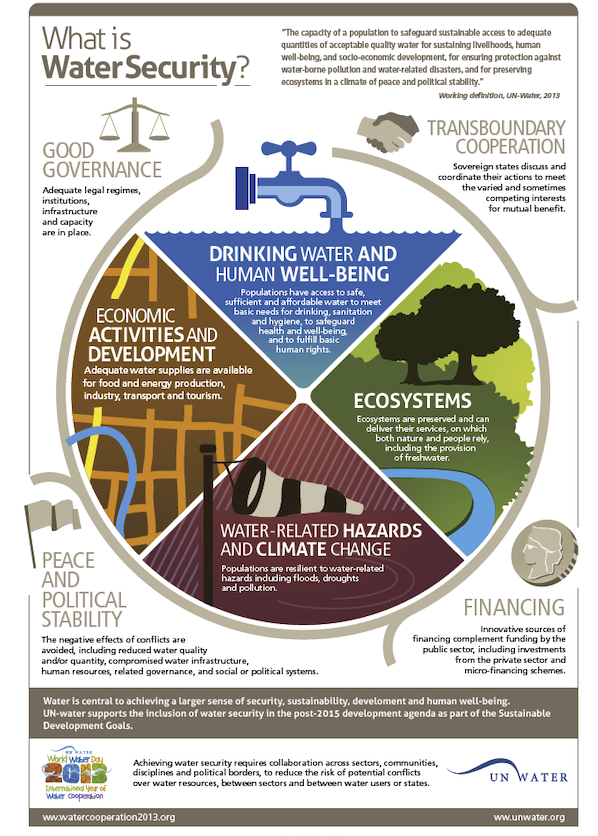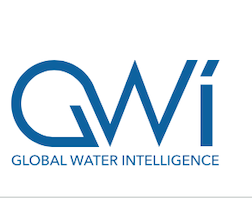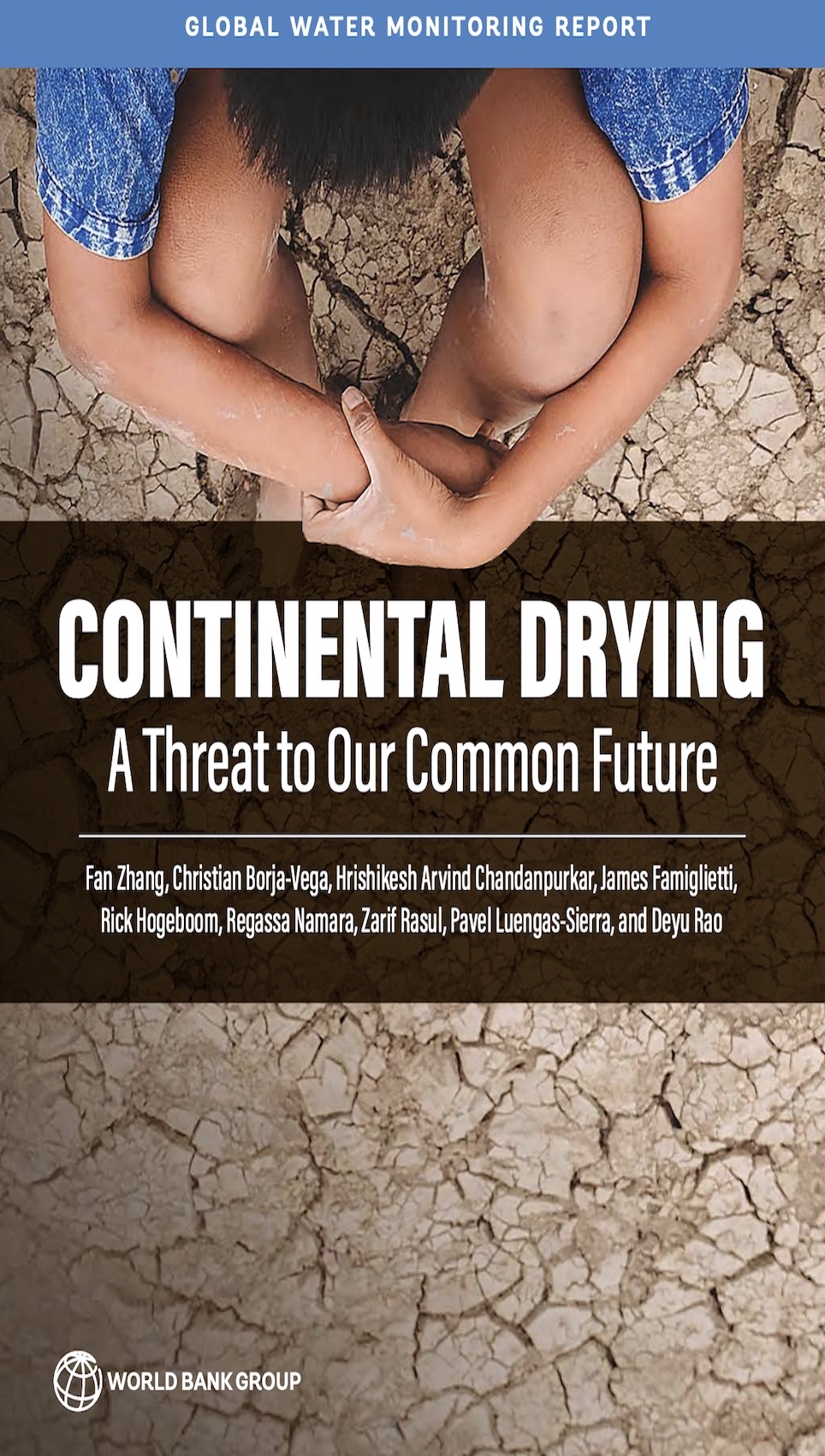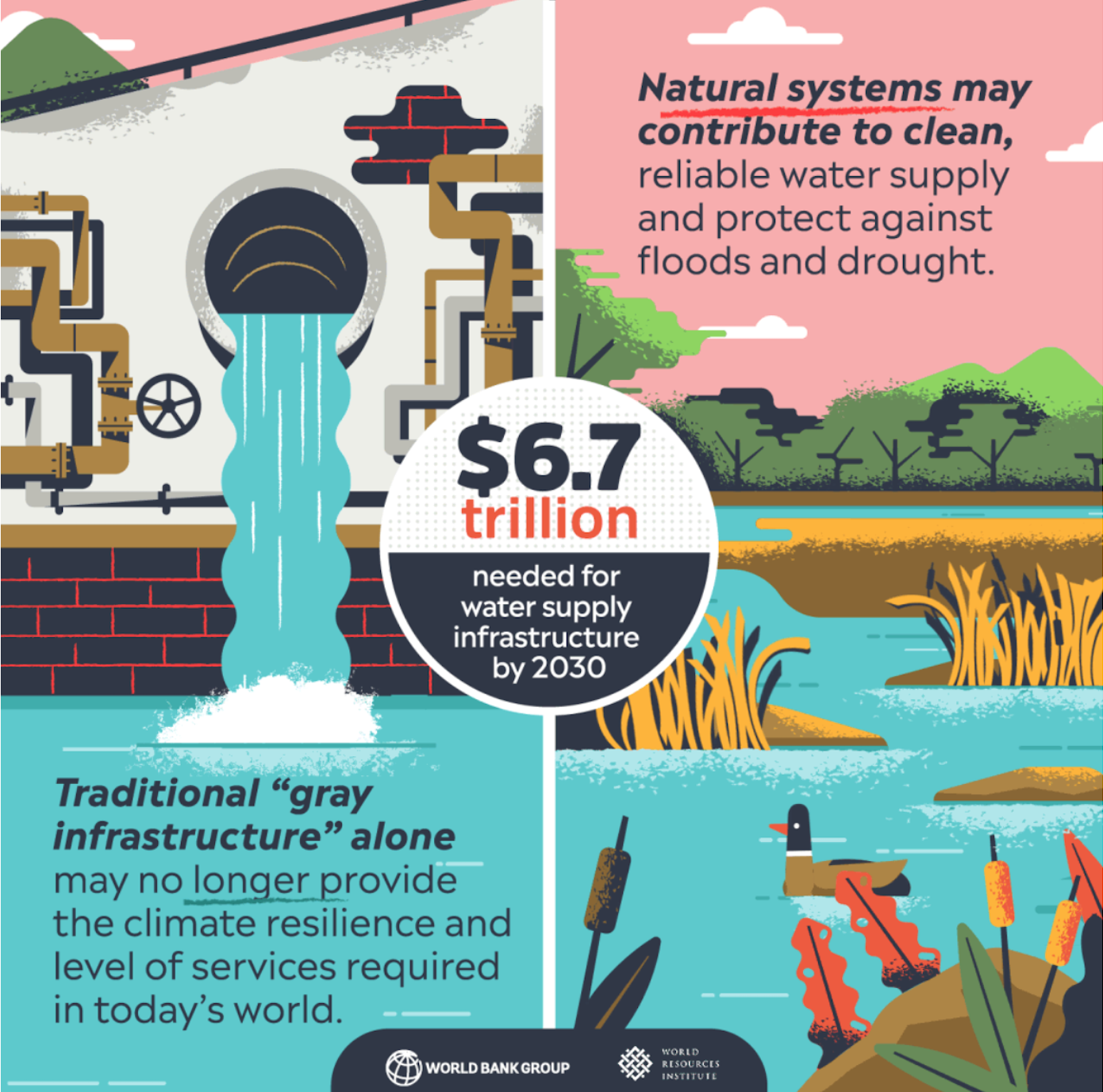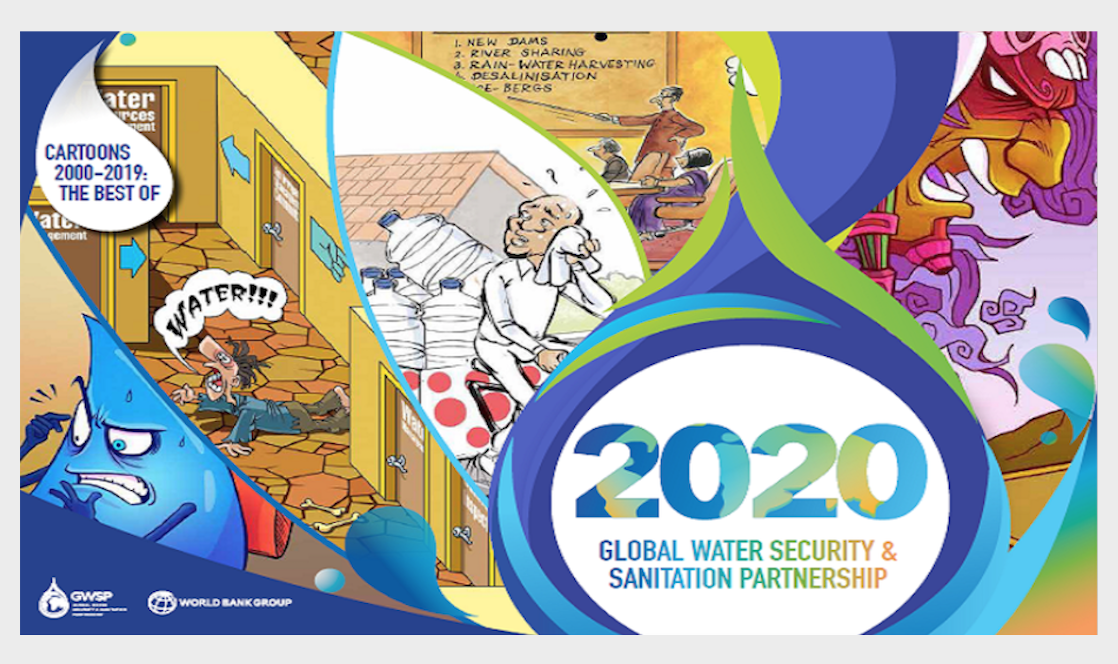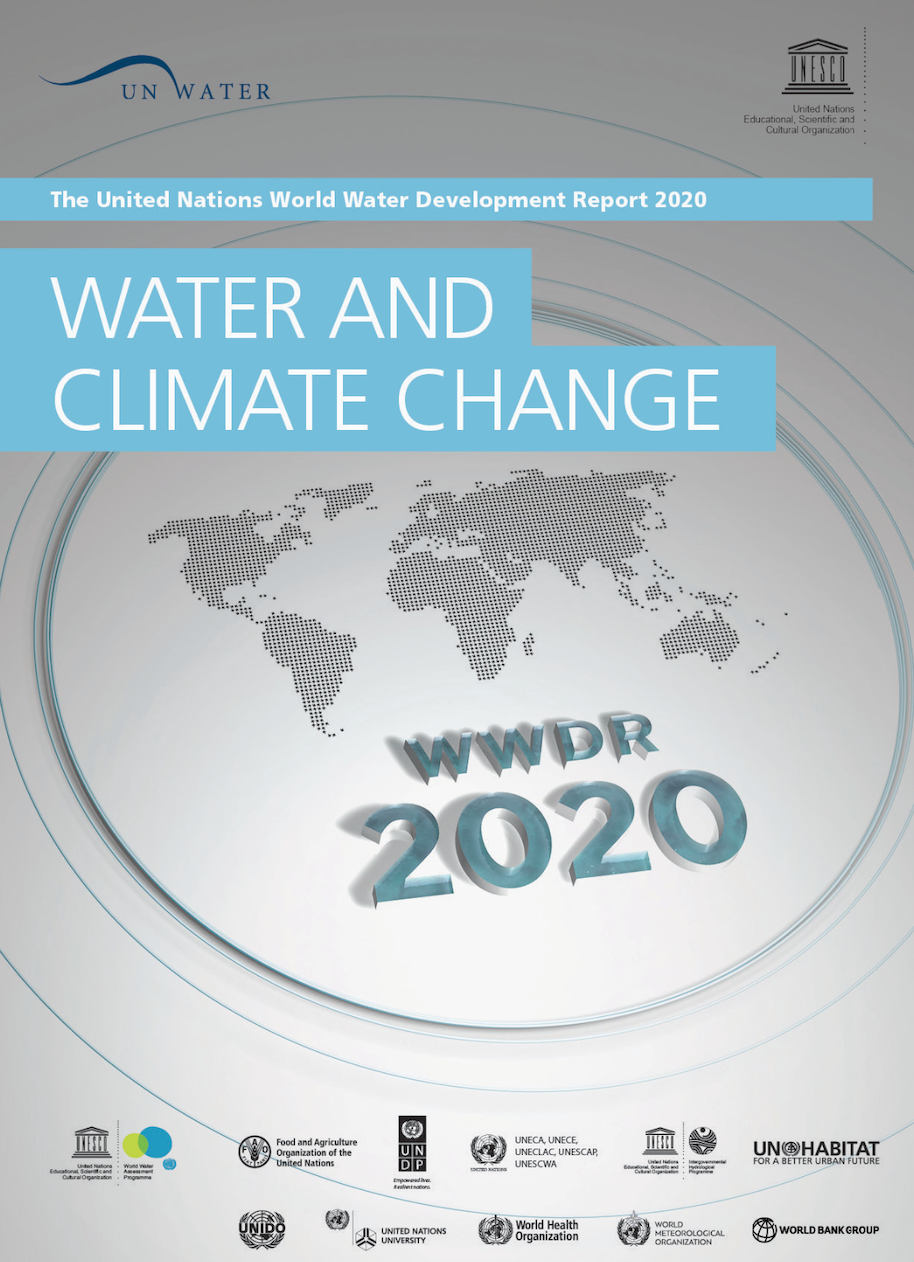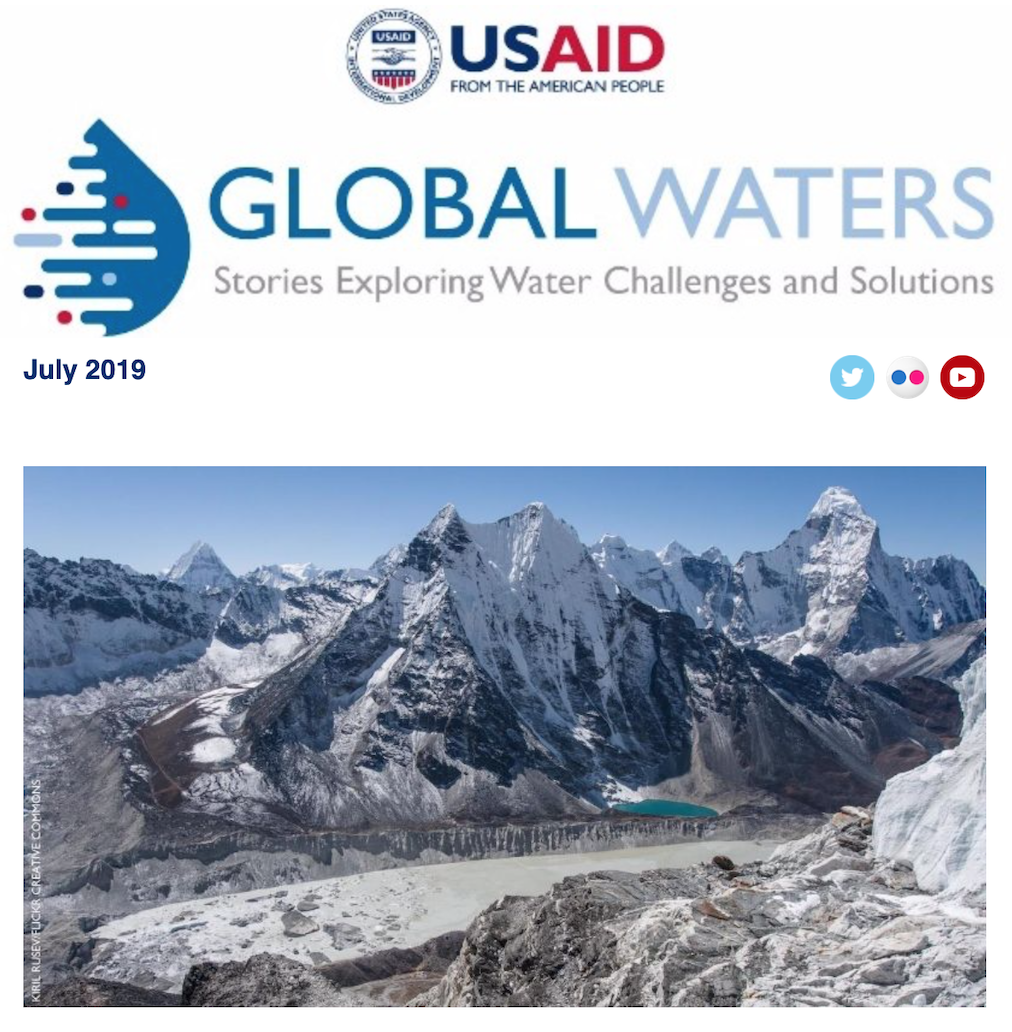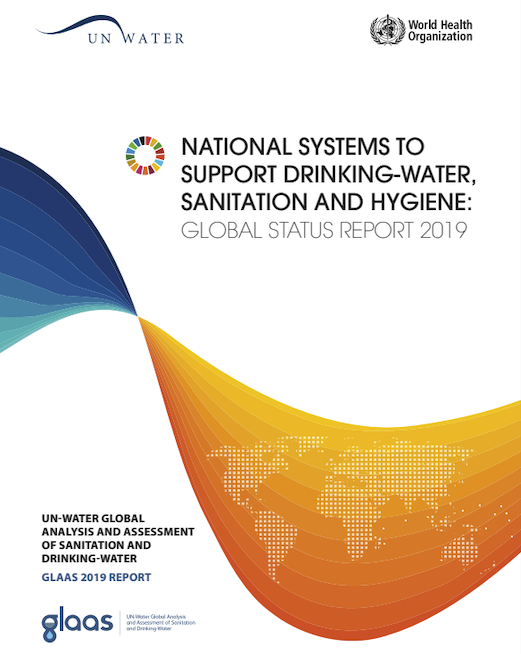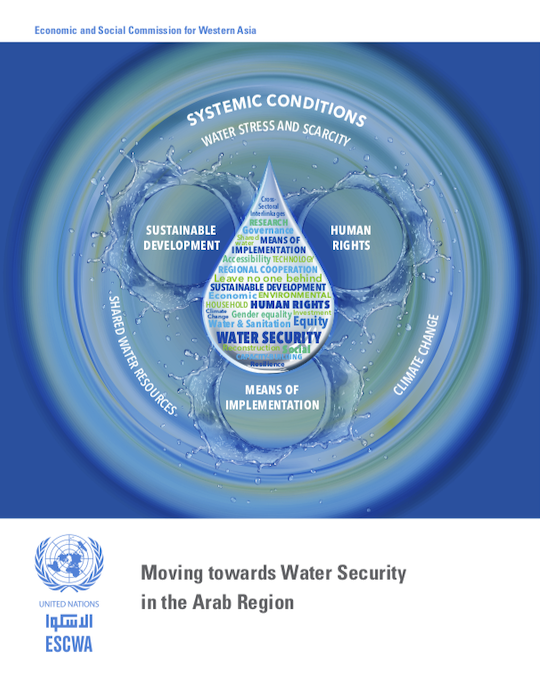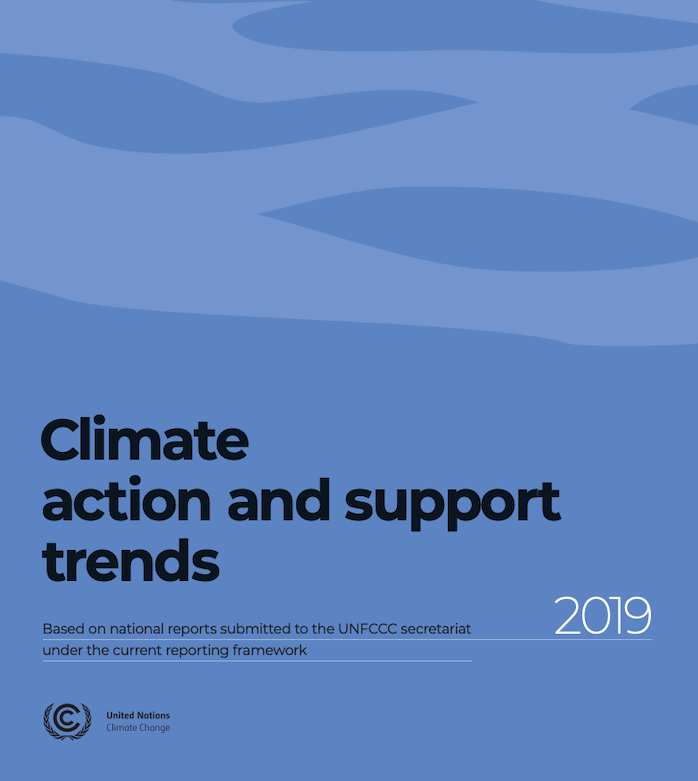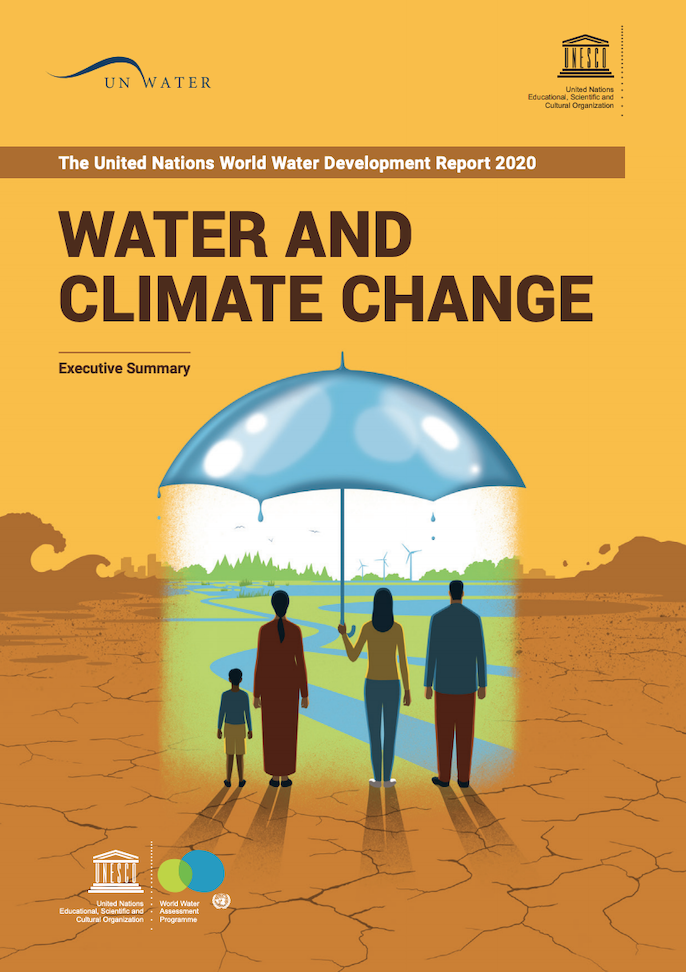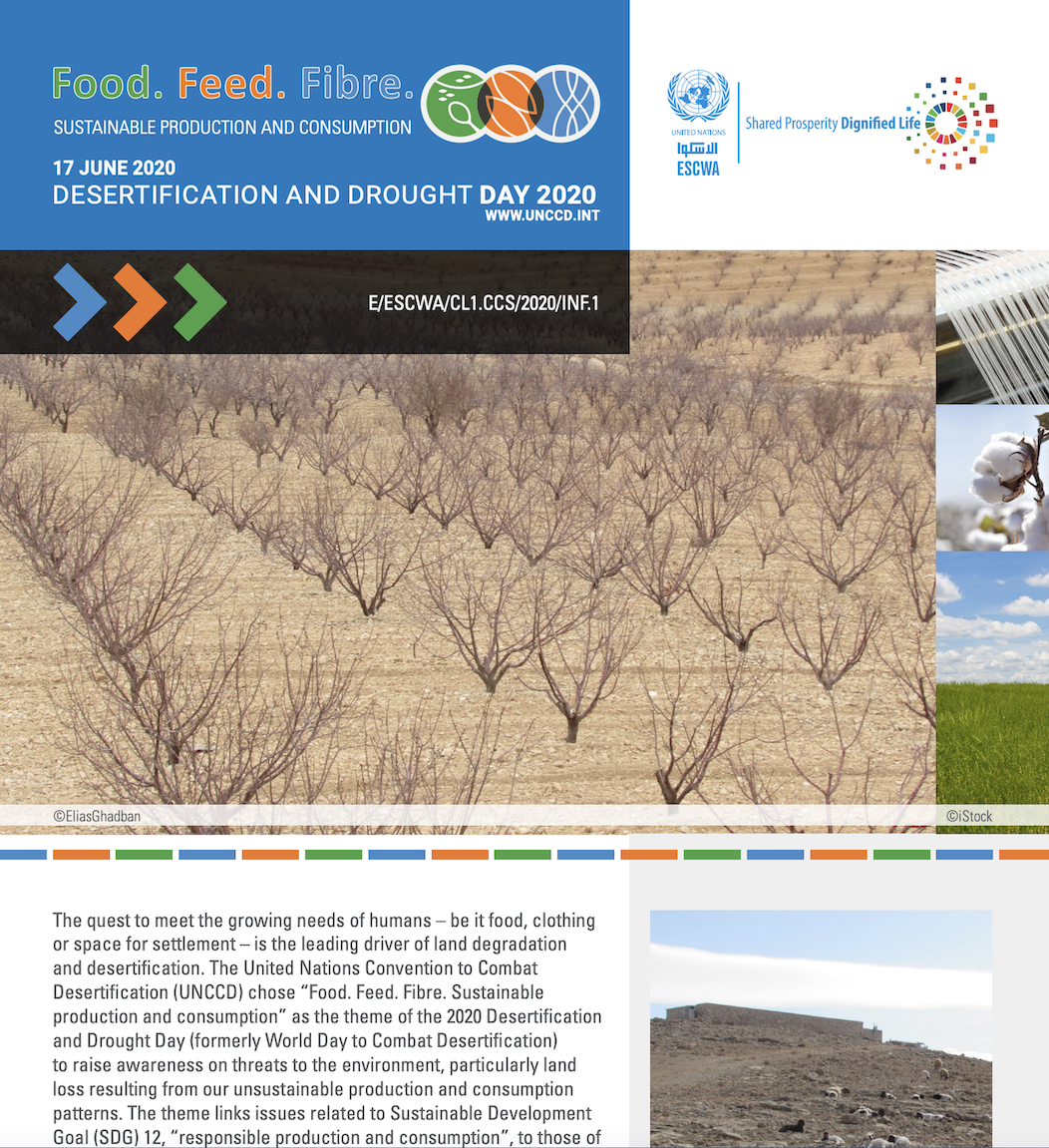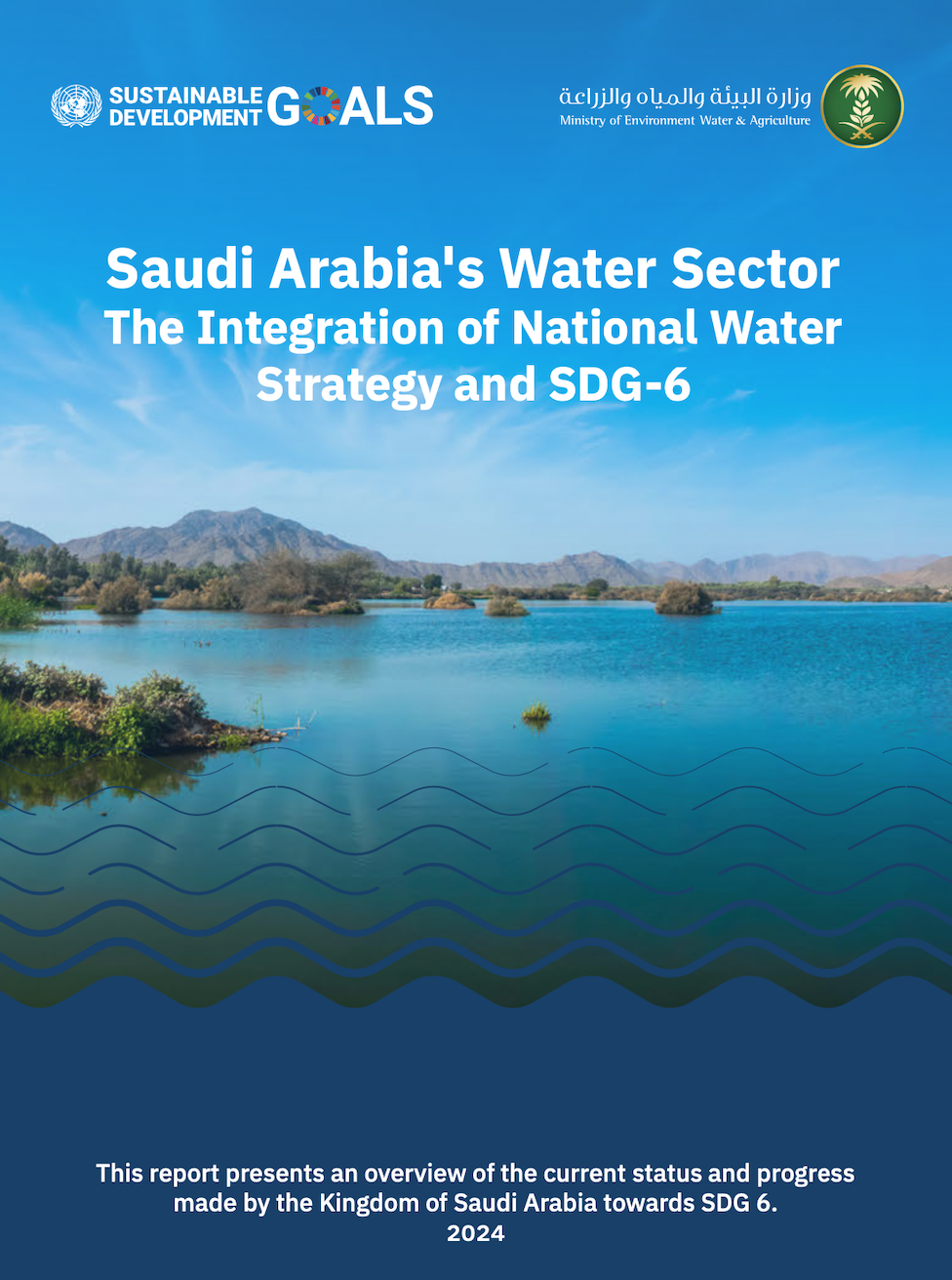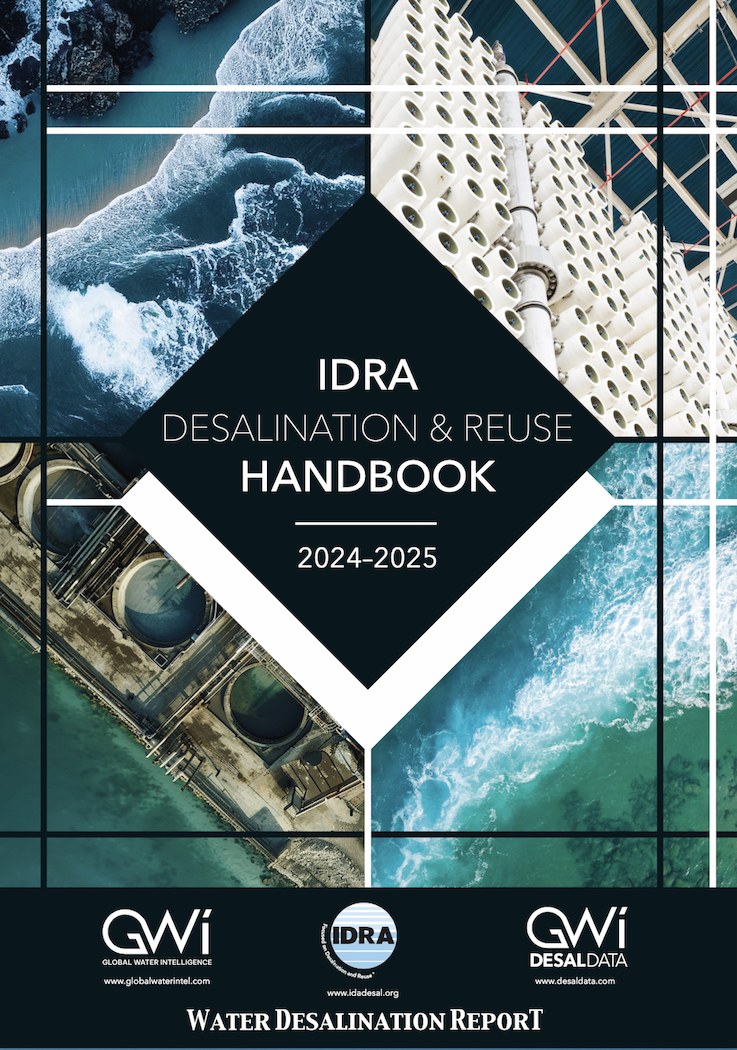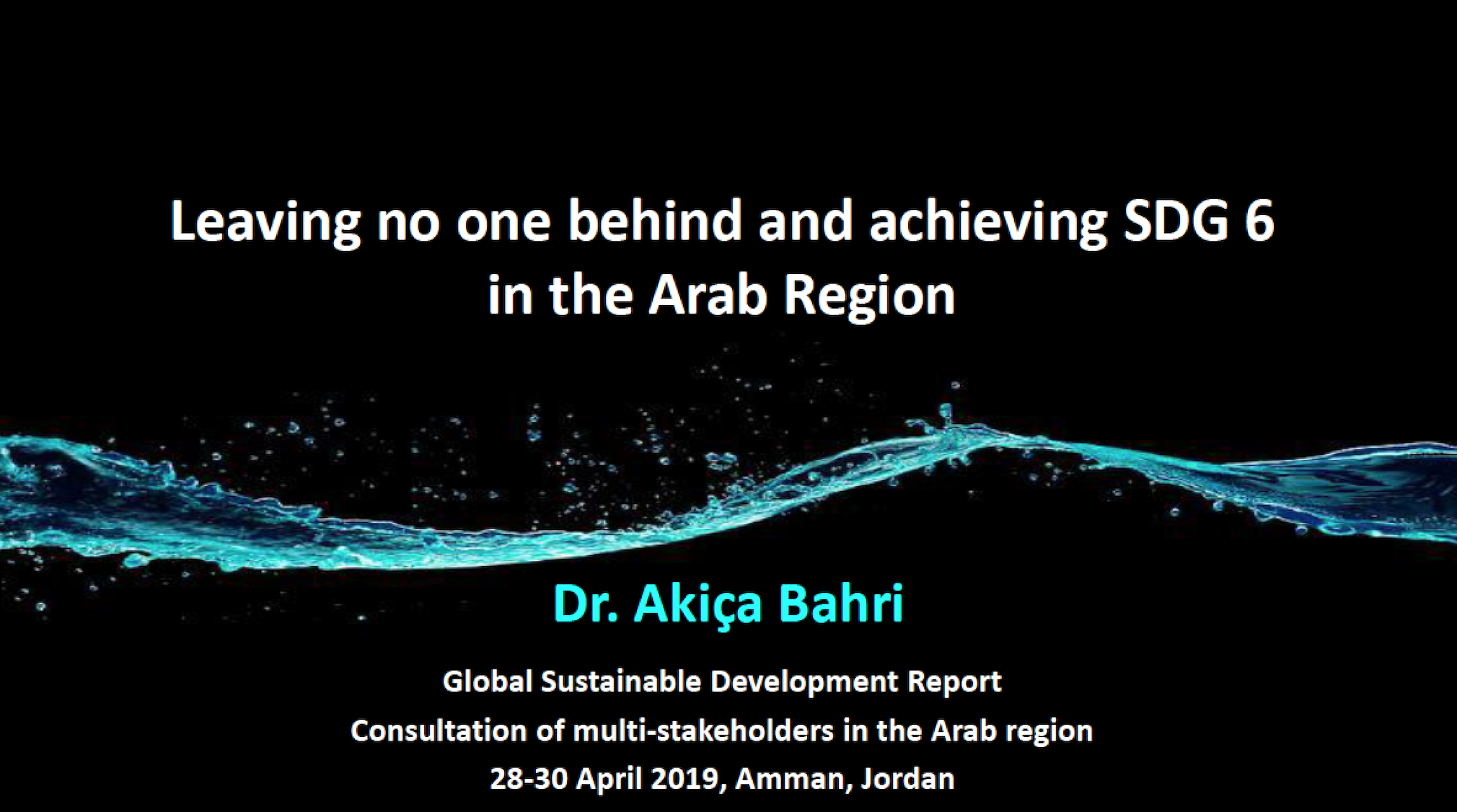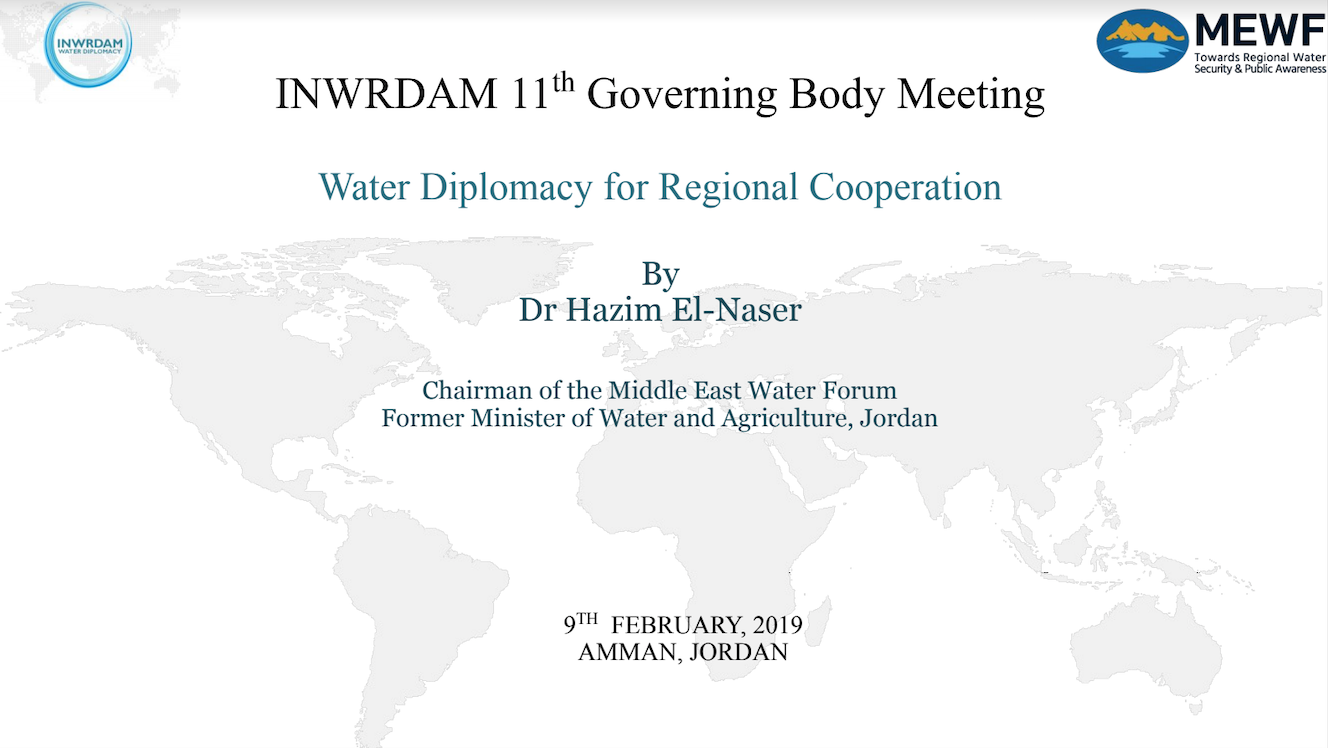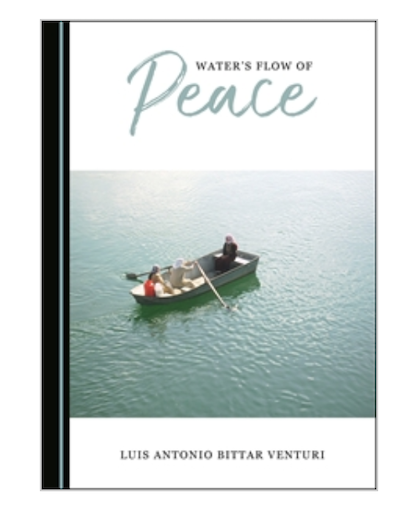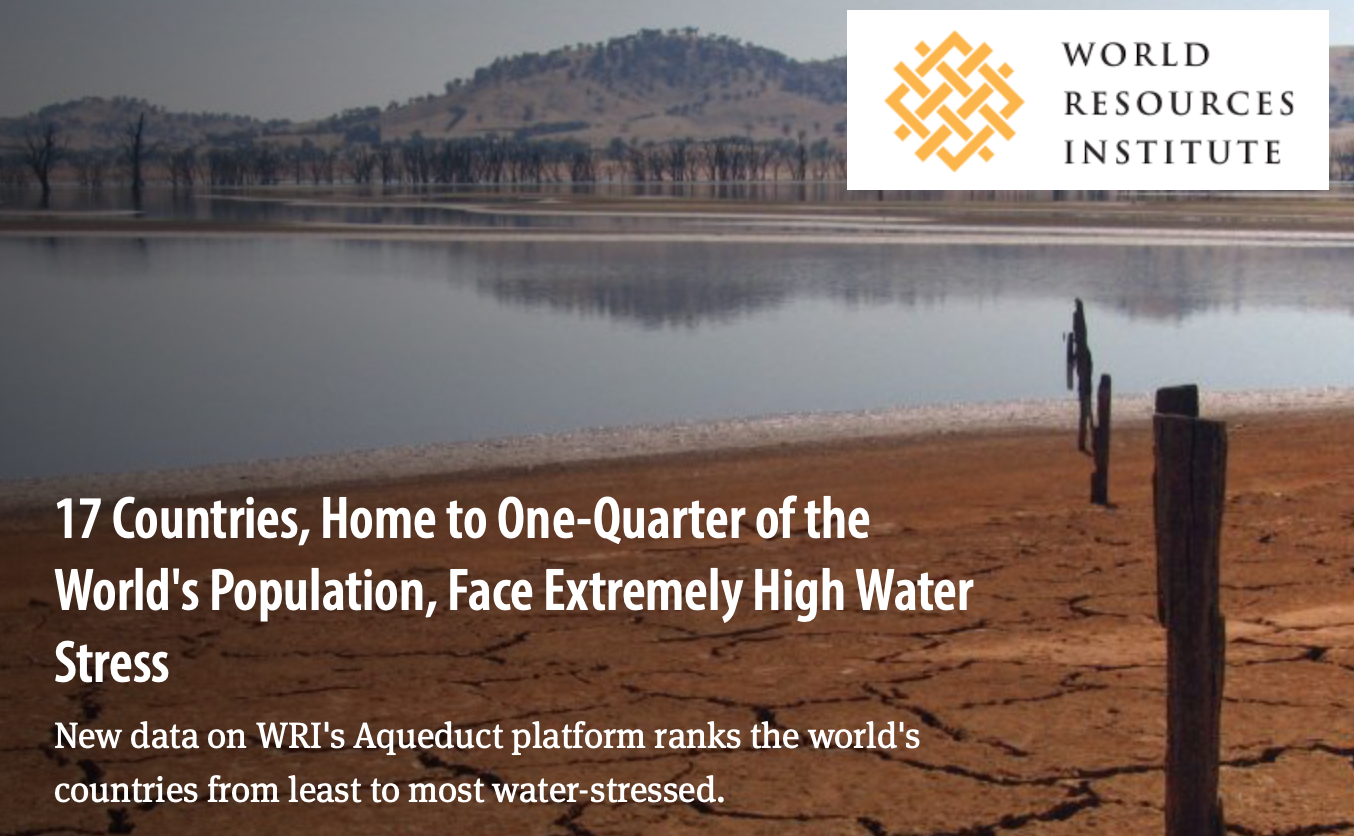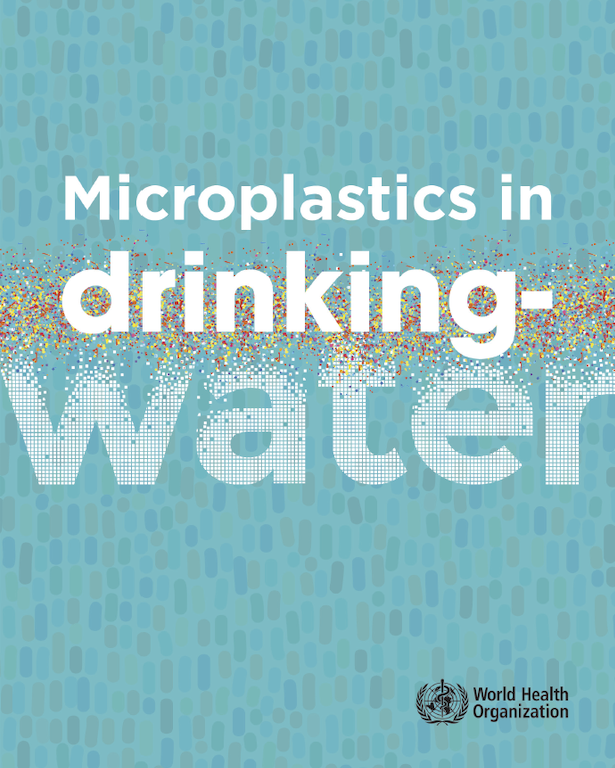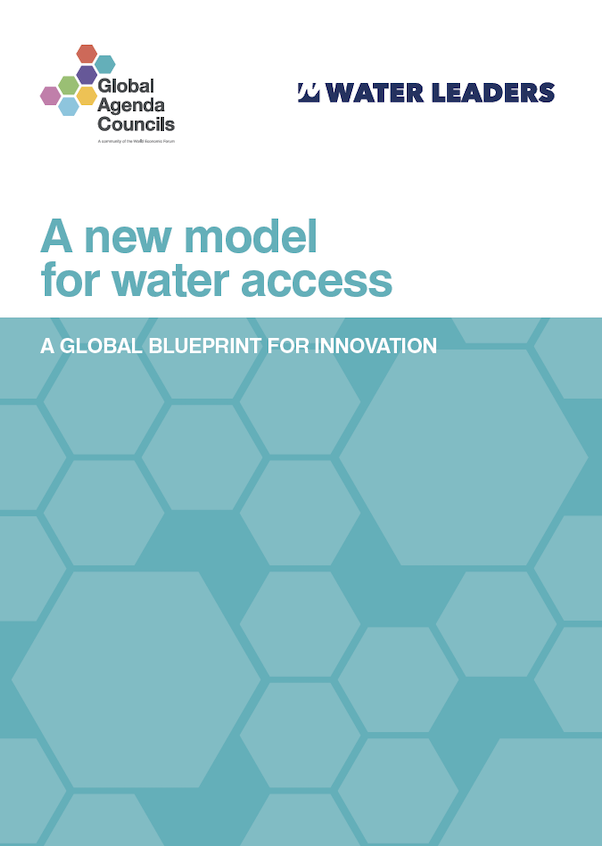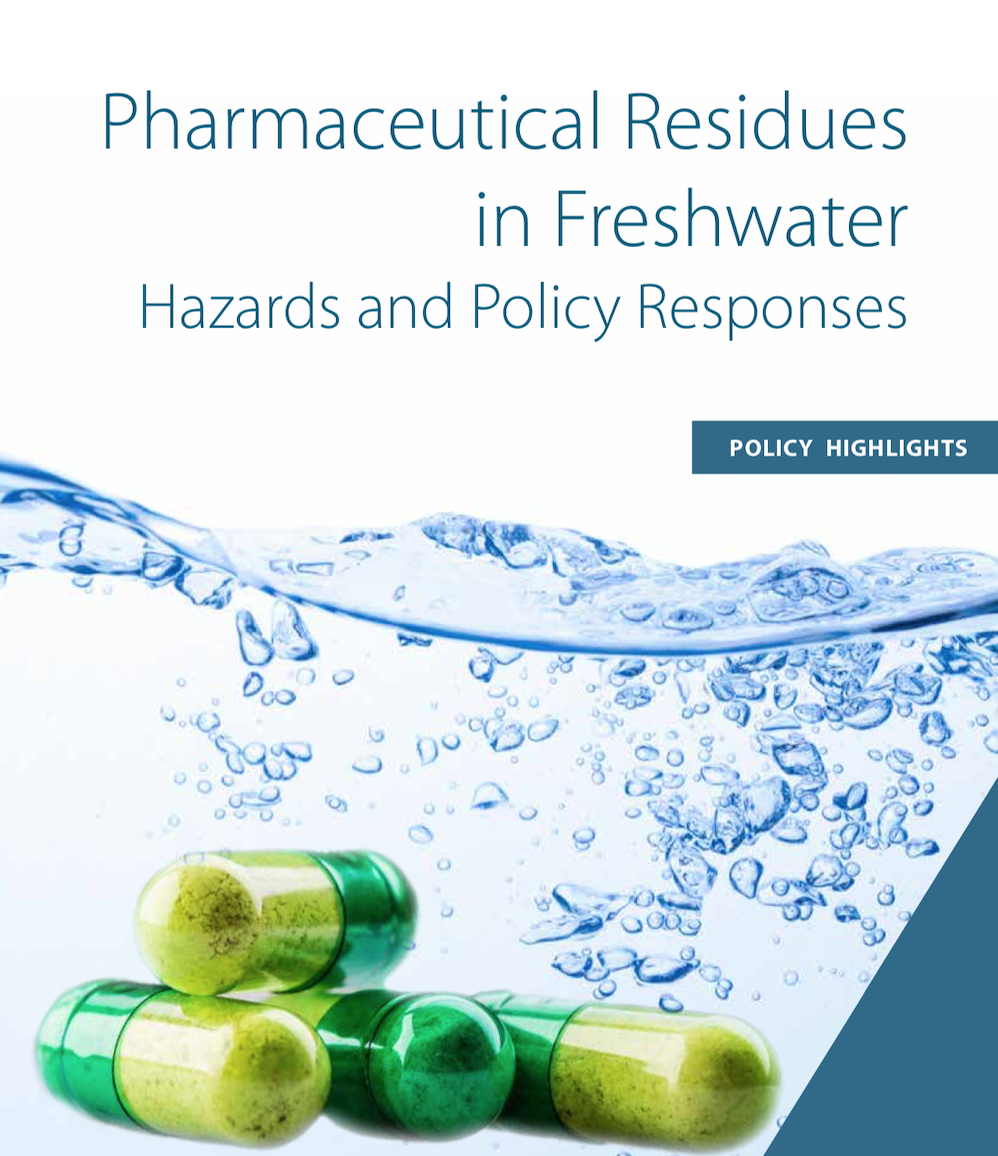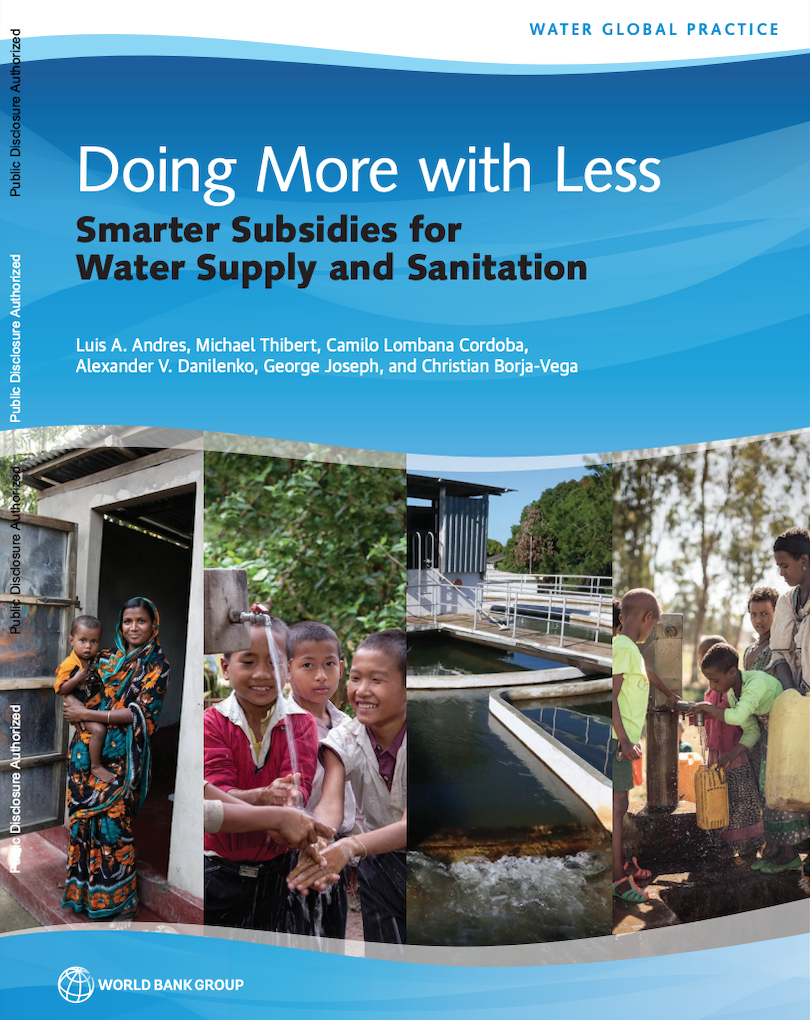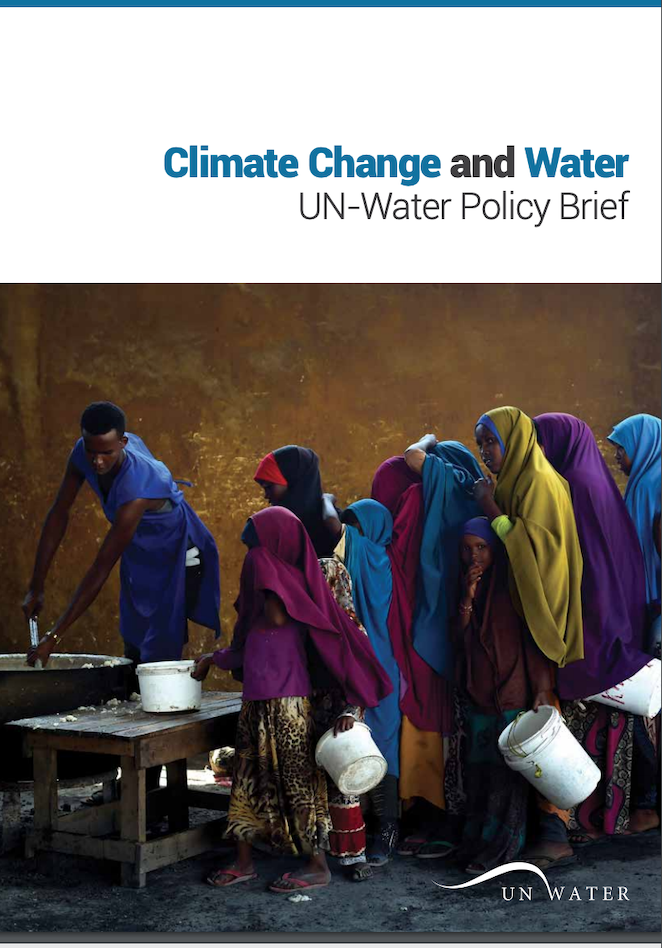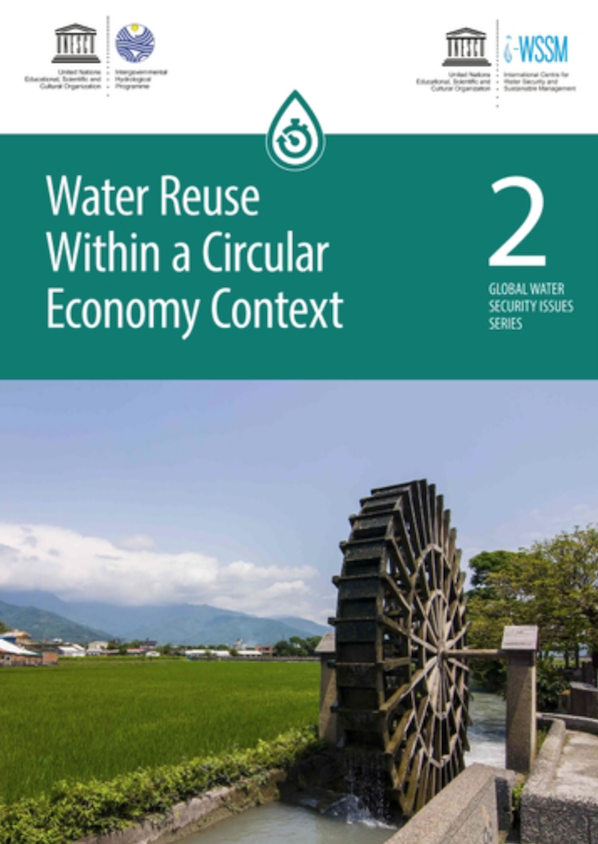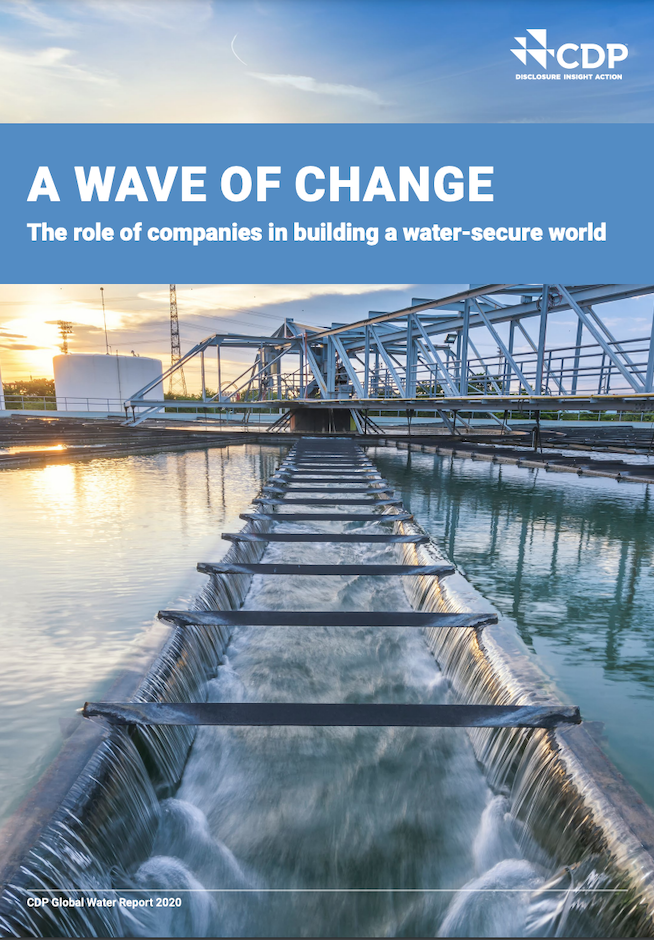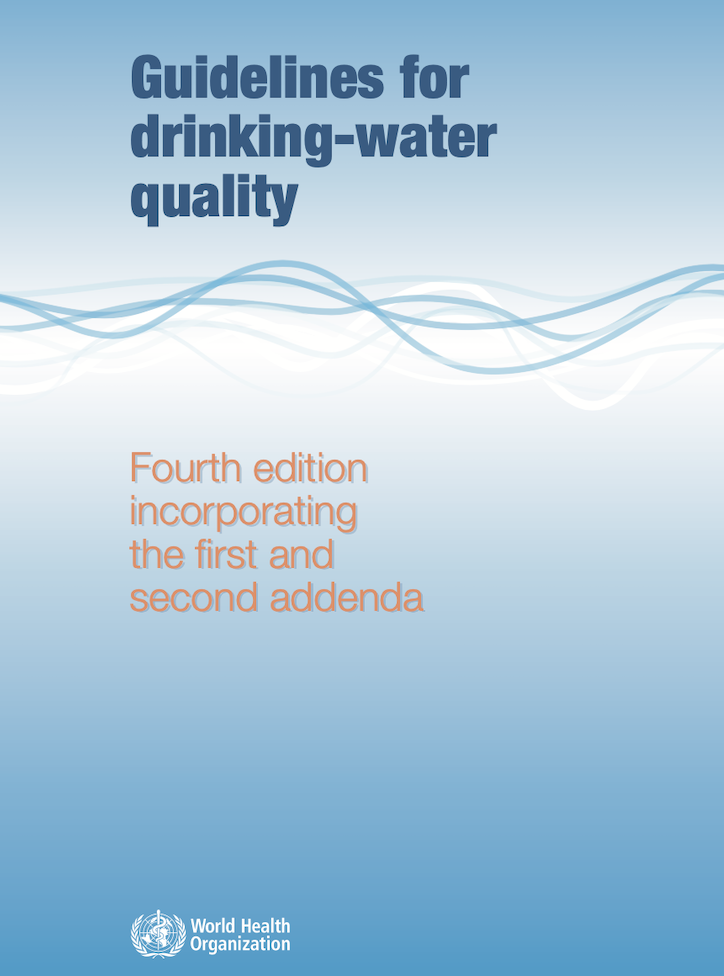
Project aims to desalinate 300 million cubic metres of seawater annually
- National Carrier Project among 'largest' desalination plants globally
- It will partially rely on renewable energy, in line with national energy strategy
AMMAN — Prime Minister Jafar Hassan on Sunday attended the signing of the preliminary agreement for the Aqaba-Amman Water Desalination and Conveyance Project, known as the National Carrier Project, at the Prime Ministry.
The agreement was signed by Minister of Water and Irrigation Raed Abu Saud and Director of Meridiam in Jordan Jad Hariri, representing the consortium.
Minister of Government Communication Mohammad Momani, Minister of Planning and International Cooperation Zeina Toukan, US Ambassador to Jordan Yael Lempert and other officials attended the signing ceremony, the Jordan News Agency, Petra, reported.
The signing of this preliminary agreement aligns with Royal directives to speed up the execution of strategic national projects and the objectives of the Economic Modernization Vision.
The project aims to desalinate 300 million cubic metresof seawater annually from the Gulf of Aqaba, addressing Jordan's water shortages with sustainable solutions.
Abu Saud stressed that the National Water Carrier Project is one of the "largest" desalination plants globally, as it represents "the biggest infrastructure project ever undertaken in Jordan and the region."
The minister added that the project includes an advanced seawater intake system along the Gulf of Aqaba coastline, a state-of-the-art desalination facility using reverse osmosis technology, a 450-kilometer water conveyance system to Amman, high-capacity pumping stations and renewable energy components.
He highlighted that the project will partially rely on renewable energy, in line with the national energy strategy to generate 31 per cent of electricity from renewable sources by 2030, ensuring sufficient drinking water for the next two decades.
The minister explained that the Ministry of Water and Irrigation adopted a Build-Operate-Transfer (BOT) contract model for the scheme.
Under this agreement, the Meridiam-Suez consortium will finance, design, build, operate and maintain the system during the concession period, which includes construction and 26 years of operation.
At the end of the concession, ownership of the project will transfer fully to the ministry as a national asset.
The project is expected to supply 300 million cubic metres of potable water annually, sufficient to meet the needs of around four million people.
The national venture is part of sustainable initiatives aimed at reducing pressure on Jordan's groundwater and surface water resources, naturally replenishing depleted water basins, and ensuring a reliable water supply for citizens across most regions.
The USAID provided significant support, including technical and advisory expertise, which, alongside the efforts of water sector teams, accelerated progress toward achieving this vital milestone.

